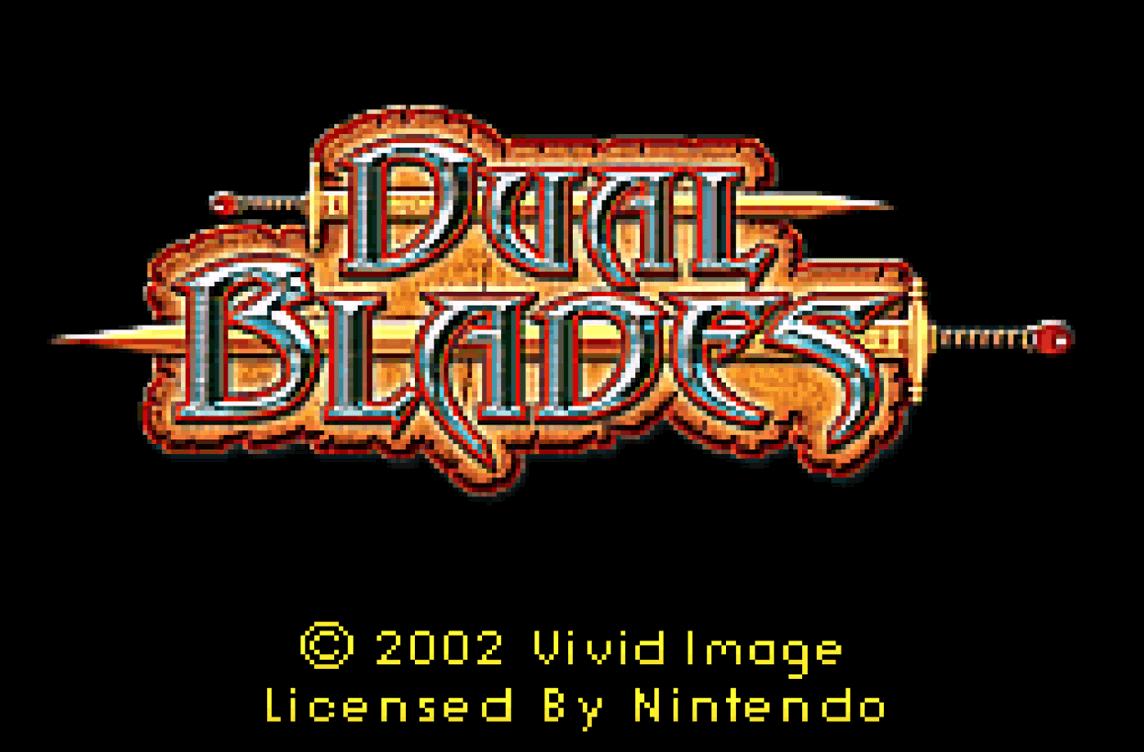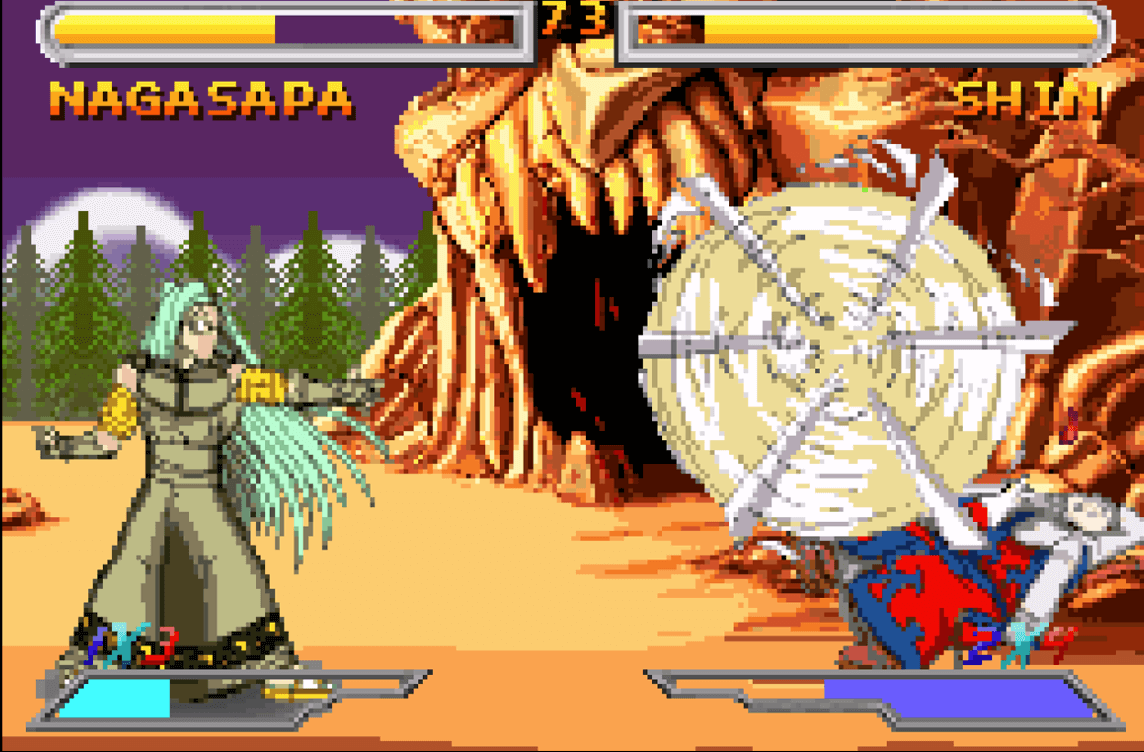In the intricate tapestry of gaming history, 2D fighting games once dominated the landscape, particularly during the 16-bit era. However, the market was saturated with a multitude of titles that failed to distinguish themselves, consigning many to the realm of forgettable experiences.
As technology progressed, the rise of 3D fighters and the limitations of early CD-based consoles further marginalized 2D fighters, pushing them to the fringes of gaming consciousness. Yet, some developers persisted in their attempts to breathe new life into the genre, birthing titles like Dual Blades.
A Journey Through the 2D Fighting Epoch
The 16-bit era was marked by an abundance of 2D fighting games, and SNK was a prolific contributor to this milieu. However, the vast majority of these titles offered little innovation, leading to their swift descent into obscurity. With the advent of CD-based consoles, prolonged load times became the bane of 2D fighters, hastening their decline.
Simultaneously, the gaming community witnessed the meteoric rise of 3D fighters such as Virtua Fighter, Tekken, and Soul Edge, relegating 2D battlers to the background. Despite these challenges, some developers, undeterred by the shifting tides, sought to carve a niche for their creations in the competitive arena of 2D fighting games.
Dual Blades: An Echo of Familiarity
Amidst this ebb and flow of gaming trends, Dual Blades emerged as a testament to the enduring legacy of 2D fighting games. This title, designed for the Game Boy Advance, embraces the conventional 2D fighting formula. Players are tasked with selecting a warrior from a roster, each wielding different weapons and possessing unique fighting styles.
Battles unfold with a familiar cadence, featuring special attacks, combos, and a meter mechanic to unleash powerful moves. While Dual Blades excels in delivering a seamless and responsive gaming experience on the Game Boy Advance, it grapples with the challenge of establishing a distinctive identity.

The Ballet of Blades: Gameplay Dynamics
The core gameplay of Dual Blades adheres faithfully to the established norms of the 2D fighting genre. Smooth animations and intuitive controls contribute to a fluid and engaging experience. Despite the limitations of the Game Boy Advance’s four-button setup, the controls remain responsive, ensuring that the game doesn’t feel overly simplistic.
However, where Dual Blades falters is in its struggle to define a unique selling proposition. The absence of a compelling feature or innovative gameplay element leaves it overshadowed by its more illustrious peers.
Visual Splendor and Identifiable Shortcomings
In the realm of visuals, Dual Blades shines as a testament to the graphical capabilities of the Game Boy Advance. Vibrant backgrounds and character designs inject life into the 2D battlegrounds. Noteworthy stages, like Efe’s Ottoman-inspired setting, showcase creativity and attention to detail. However, the game’s visual appeal, while commendable for its time, fails to compensate for its lack of standout features.
Dual Blades traverses familiar territory, featuring character archetypes reminiscent of other versus games, and this lack of originality diminishes its impact.
A Symphony of Blades: Conclusion
In the grand orchestration of 2D fighters, Dual Blades performs admirably but lacks the resounding crescendo needed to leave a lasting impression. It finds itself caught between the echoes of past successes and the quest for innovation.
The absence of groundbreaking features consigns Dual Blades to a niche audience of purists and genre enthusiasts. As gaming preferences evolved, Dual Blades grappled with the challenge of making a significant mark in a highly competitive landscape.
Unleash the power within – Dual Blades: A 2D fighter for purists, but lacking the innovation to carve its legacy.

Play Dual Blades Online Anywhere, Anytime!
Dual Blades transcends the confines of a single platform, offering accessibility beyond the Game Boy Advance. This game beckons not only to handheld enthusiasts but also to a broader audience, as it extends its presence to web browsers, mobile phones, and tablets.
Embracing versatility, Dual Blades ensures that aficionados of 2D fighters can savor its essence seamlessly across different gaming mediums.